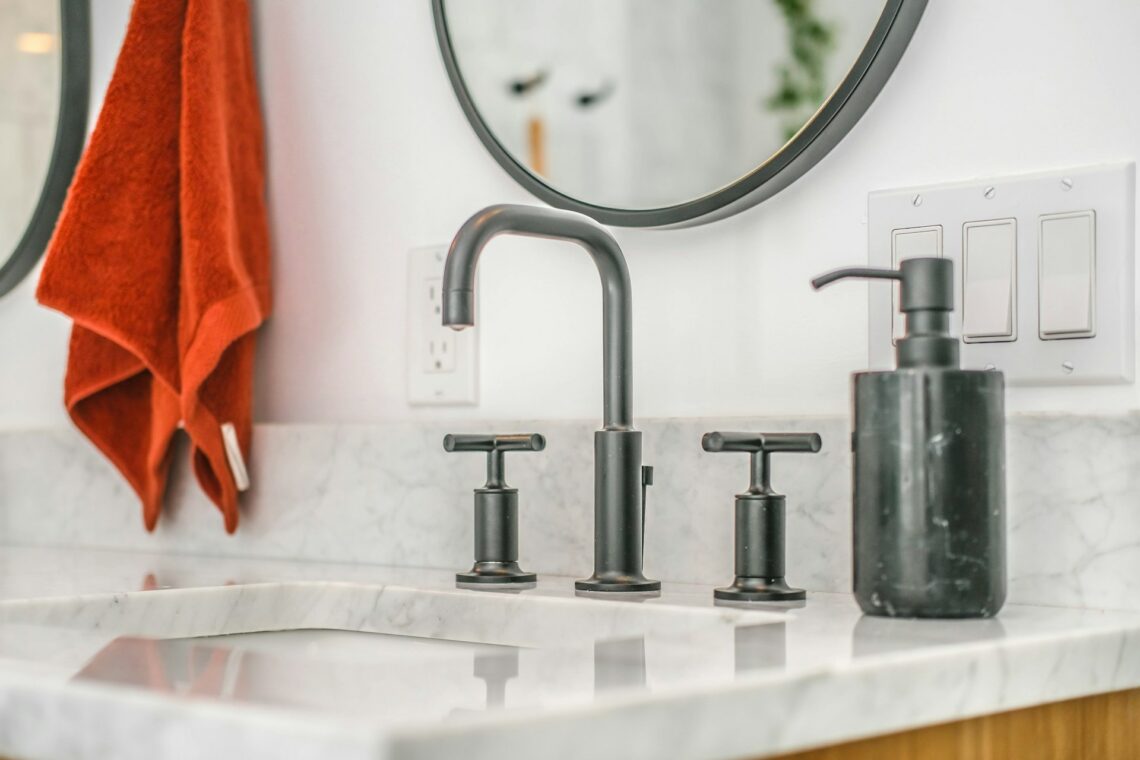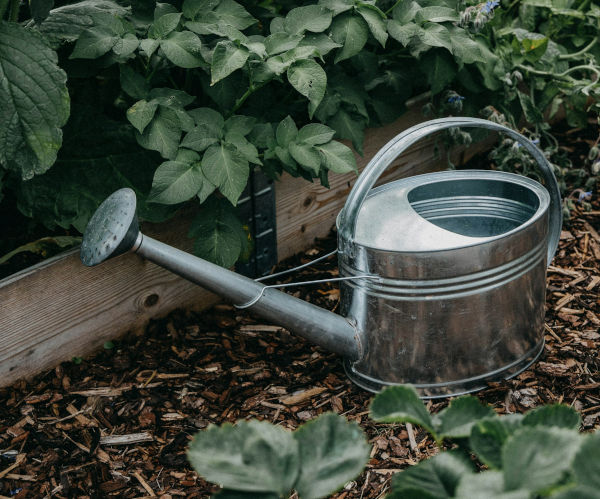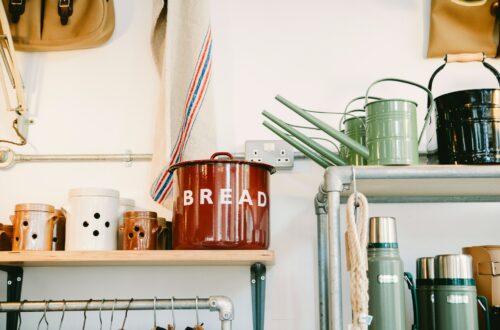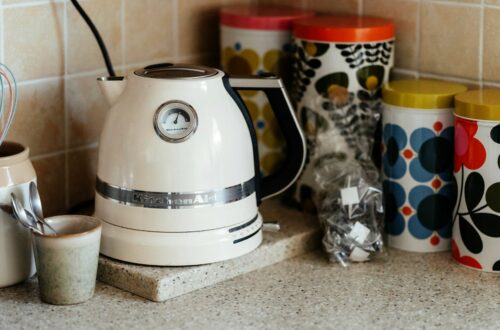
7 Ways To Save Water At Home
We’re feeling temperatures increase as summer gets closer and closer. What’s becoming more common each summer are water restrictions.
It’s not uncommon now when the temperatures really climb to start seeing hose pipe bans and notifications to save water as much as possible. Even outside of these seasonal restrictions it’s important to think about how we can save water in our daily routines as part of trying to preserve this resource.
It’s easier than you think to save water at home. Simple changes can make a significant difference over time, helping to save water and also save you money on your water bills.
Here are some practical tips to help conserve water that most homes can use easily.
Save Water When Warming Up the Hot Tap
We often waste water while waiting for it to heat up. Instead of letting the cold water you don’t want go down the drain, consider collecting this water in a container. You can use it later to water your houseplants.
This small change not only reduces water wastage but also ensures your plants get the hydration they need. To do this, place a jug or bucket under the tap while you wait for the water to warm up. Use this collected water for your indoor or outdoor plants. It’s an easy and effective way to make sure every drop counts.
If you don’t have plants, you can use this water for other things around your home. Use the cold water running through to top up pet bowls or water bottles.
Keep Water in the Fridge
Many of us let the tap run to get a cold drink of water. This habit wastes a lot of water over time.
A simple solution is to keep a jug or bottle of water in the fridge. This way, you always have cold water on hand without the need to run the tap.
Fill a jug or bottle with tap water and store it in the fridge. Refill it as needed, so you always have a supply of cold water ready. This practice not only saves water but also ensures that you have a refreshing drink whenever you want it.
You can combine this tip with using a filter jug like the ones available from Phox to get both cold and filtered water whenever you want it.
Take Shorter Showers and Fewer Baths
Showers and baths are significant contributors to household water usage. By taking shorter showers and reducing the frequency of full baths, you can save a substantial amount of water.
Set a timer to keep your showers under five minutes. You can even make it a challenge with family members to see who can have the shortest shower.
If you’re serious about saving water we recommend choosing showers over baths when you can, as they typically use less water. Consider using a water-saving shower head, which can reduce water flow without compromising on pressure. These small adjustments can lead to big savings on your water bill and help save water.
Wash Clothes Less Frequently
Each time you run your washing machine, it uses a significant amount of water, with the average washing machine cycle consuming between 50 to 100 litres. It’s inevitable that clothes need to be cleaned, but when you can consider using these tips to cut back on the amount of water being used.
Wait until you have a full load of laundry before starting a cycle. This way, you maximise the efficiency of each wash and reduce the number of times you use the machine.
By wearing clothes multiple times before washing, especially items like jeans or outerwear that don’t need frequent cleaning, you can significantly cut down on water usage.
Additionally, spot cleaning minor stains and airing out clothes can keep them fresh longer between washes. This practice not only saves water but also extends the life of your garments by reducing wear and tear from constantly putting them through the washing machine which can easily damage delicate materials.

Collect Grey Water for Your Garden
Grey water is wastewater from baths, sinks, washing machines, and other kitchen appliances that can be reused for gardening purposes, reducing your reliance on freshwater for outdoor watering.
Grey water is any gently used water from your home that hasn’t come into contact with sewage. It includes water from showers, baths, bathroom sinks, washing machines, and kitchen sinks (excluding food waste or chemicals).
To collect grey water, you can use a bucket to capture water from your shower while it heats up. Installing a grey water system is another efficient method but does require some investment to get it set up correctly.
It collects and redirects water from your washing machine and sinks to your garden. If you are going to start collecting and using grey water it’s very important that you use eco-friendly detergents and soaps to avoid harming your plants.
Fix Leaks Promptly
Leaking taps and toilets can waste a significant amount of water over time. Regularly checking for leaks and fixing them as soon as possible is an effective way to conserve water.
To identify leaks, check your water meter for unusual spikes in usage and inspect taps, shower heads, and toilets for any signs of leaks. Replacing washers or calling a plumber if you find a leak can prevent unnecessary water wastage.
Use a Broom Instead of a Hose to Clean Outdoors
Using a hose to clean driveways, paths and patios can waste a lot of water. Instead, use a broom to sweep away dirt and debris. Regularly sweeping your outdoor areas prevents the build-up of dirt, making it easier to clean without needing a hose.
Reserve the hose or pressure washer for more stubborn stains and use it sparingly. This simple habit not only conserves water but also keeps your outdoor spaces tidy. If you are going to be pressure washing the drive, make sure you have a broom ready to keep it maintained once you’re done. This will not only save you time and keep your drive looking longer but it will prolong the time between washes.
It seems obvious but it is important to save water where we can, particularly when the temperatures start to climb.
By being mindful of our water usage and making small changes in our daily routines, we can all collectively make a big difference. It might not seem like much but doing as many of these as you





